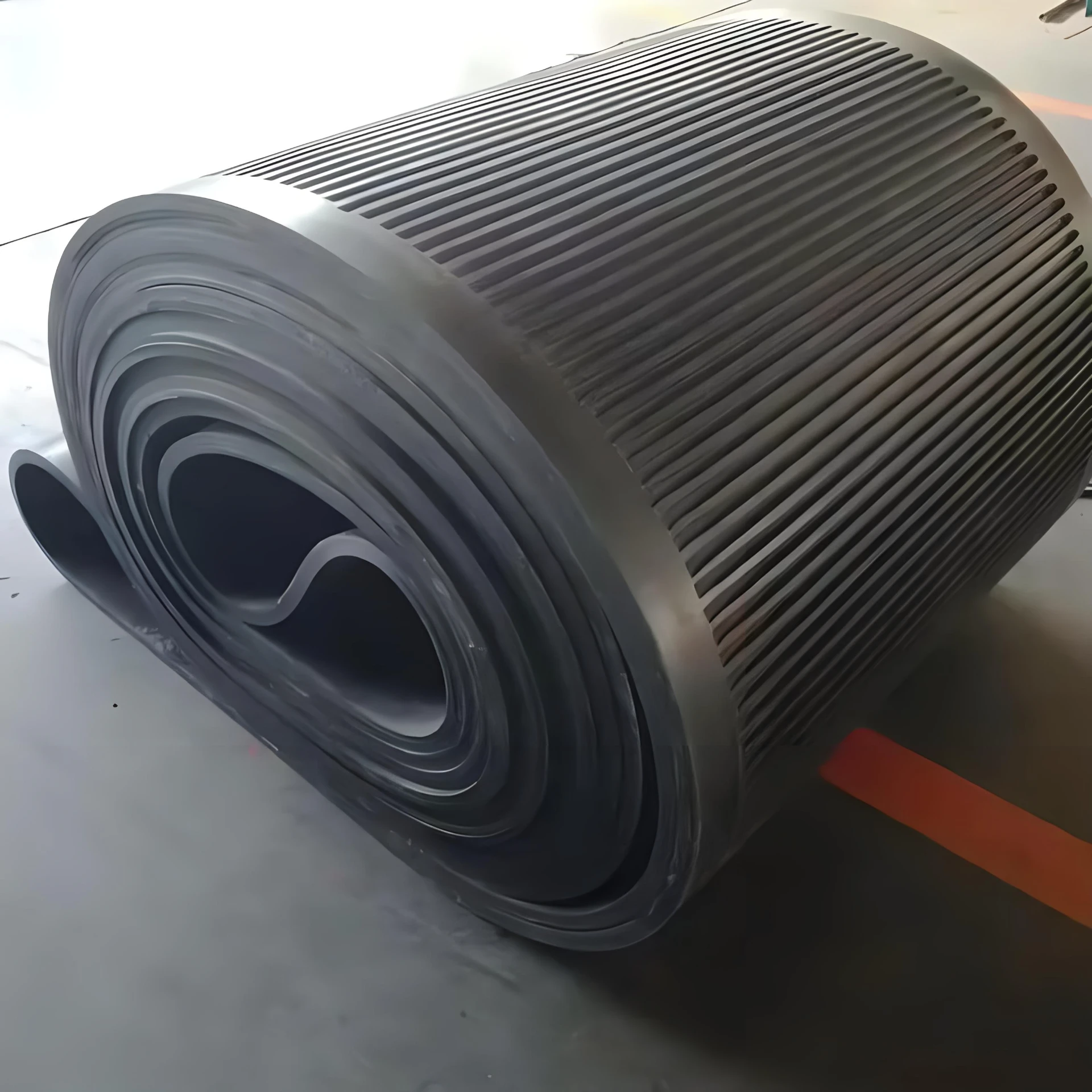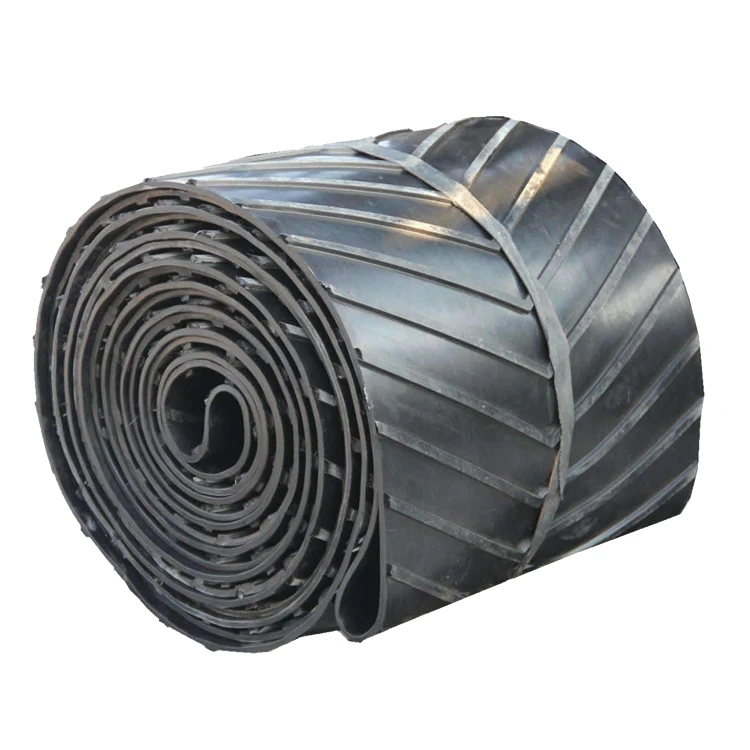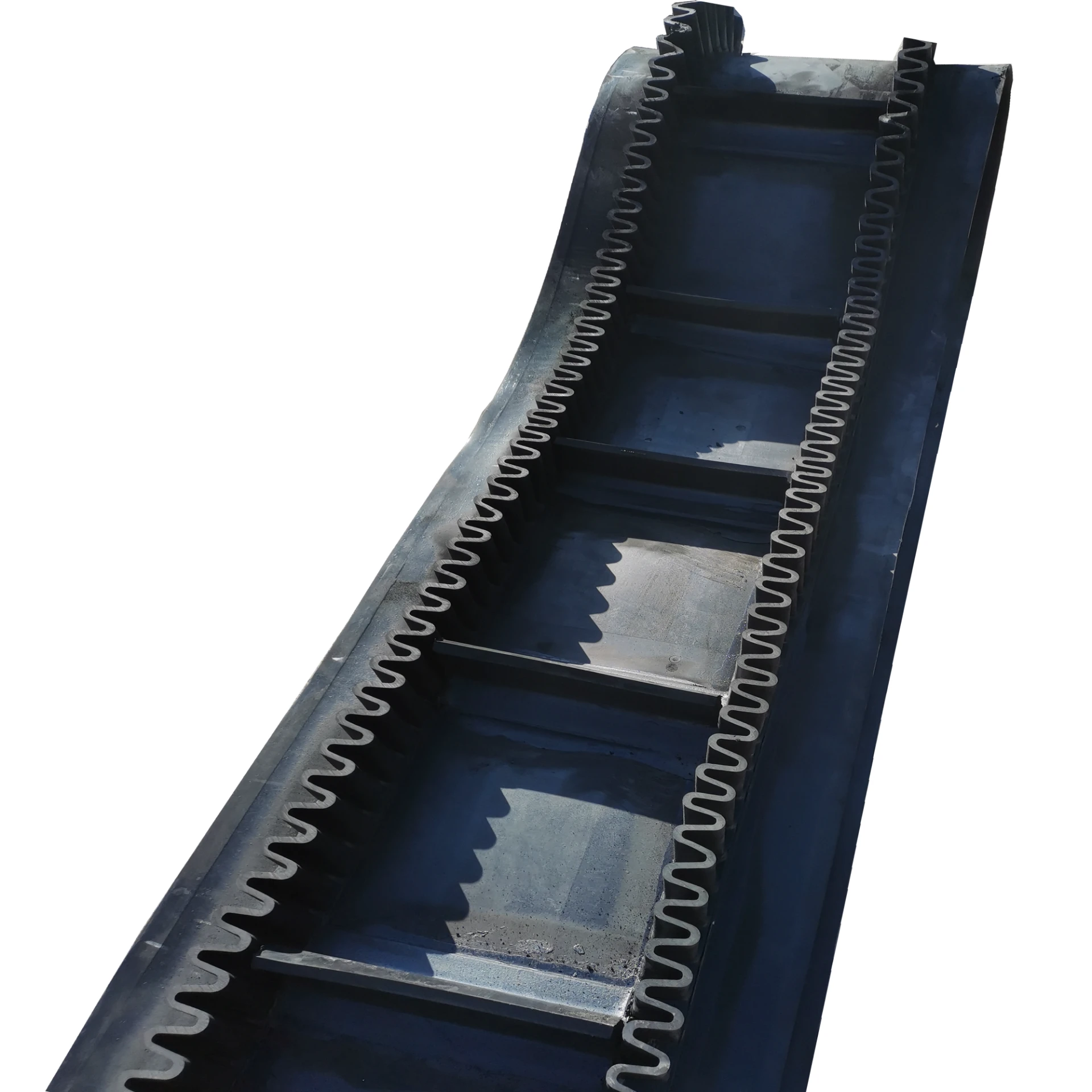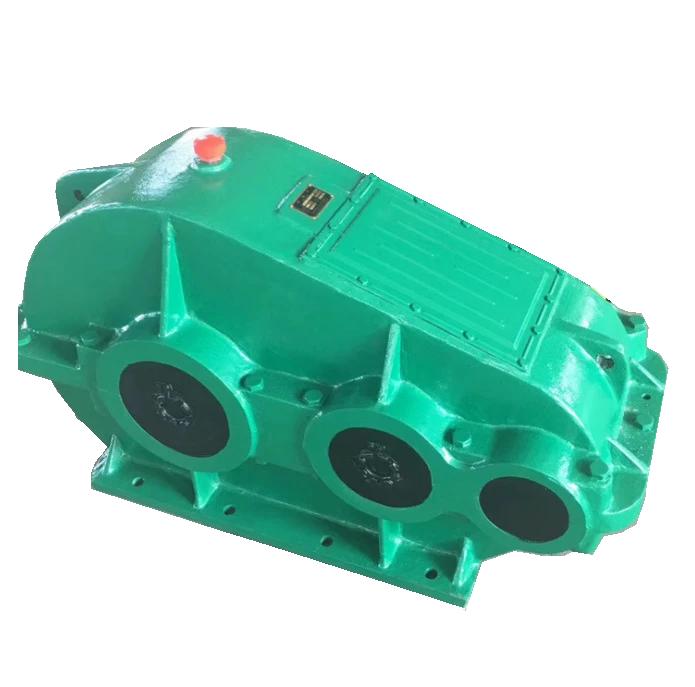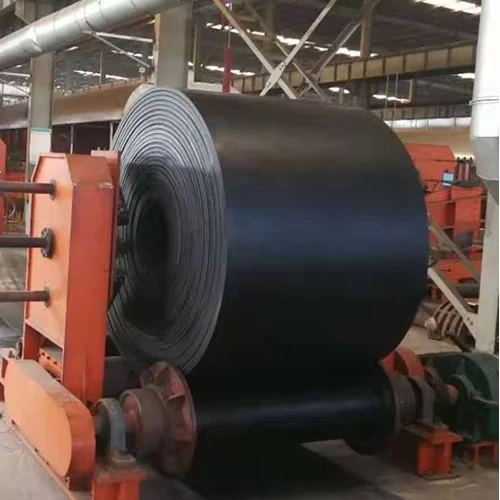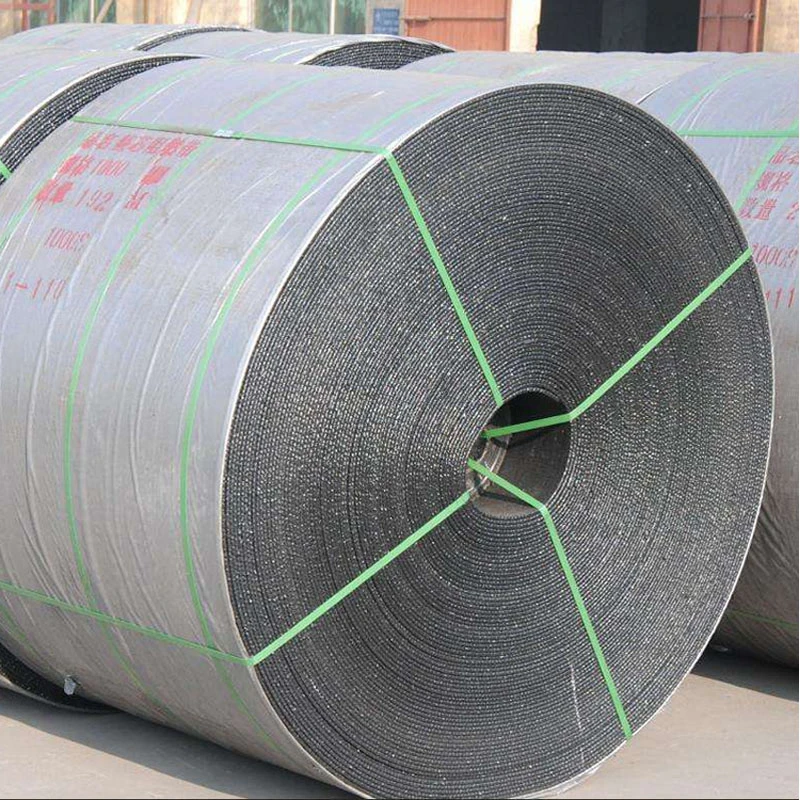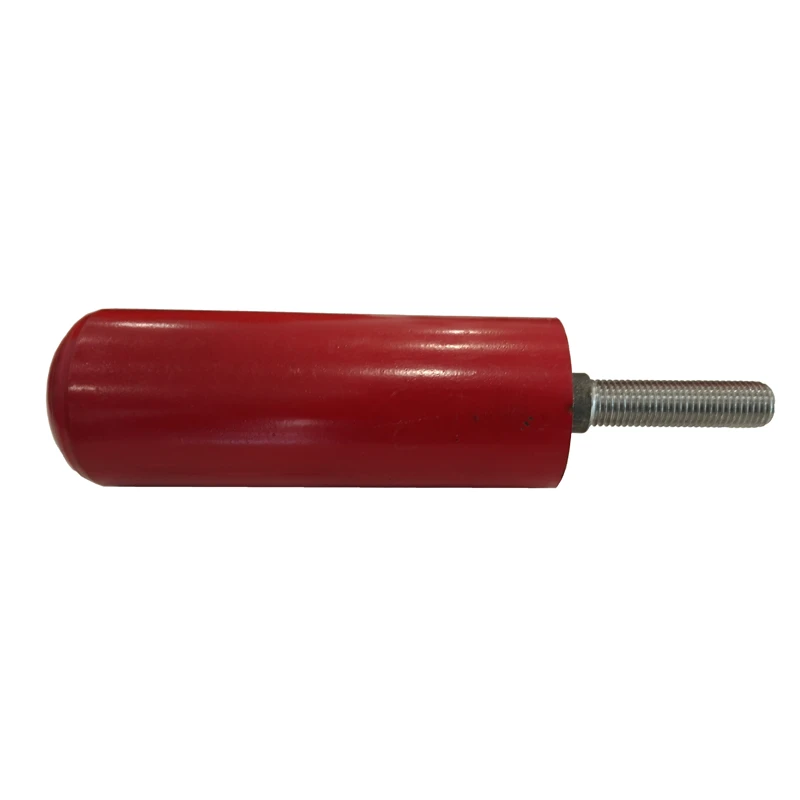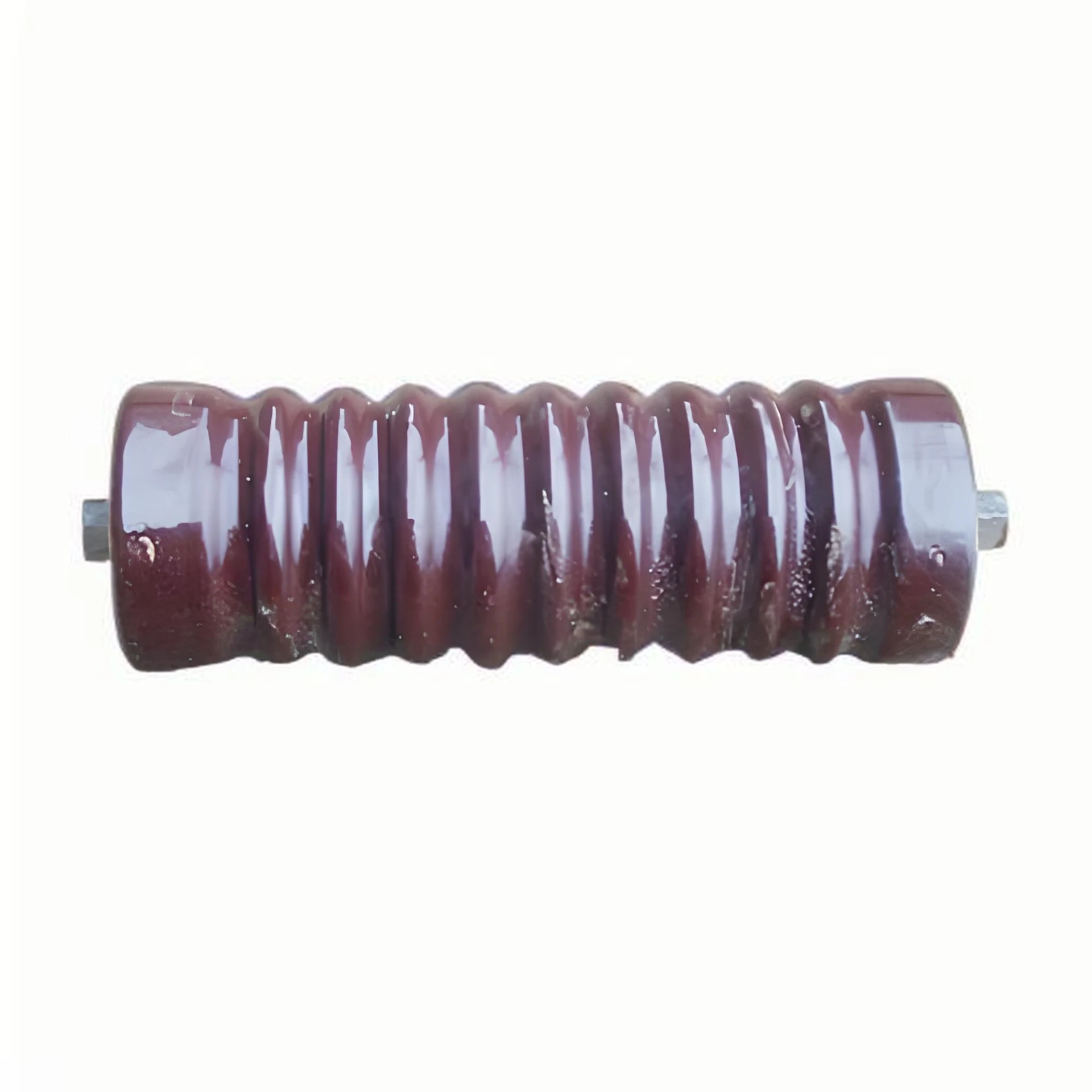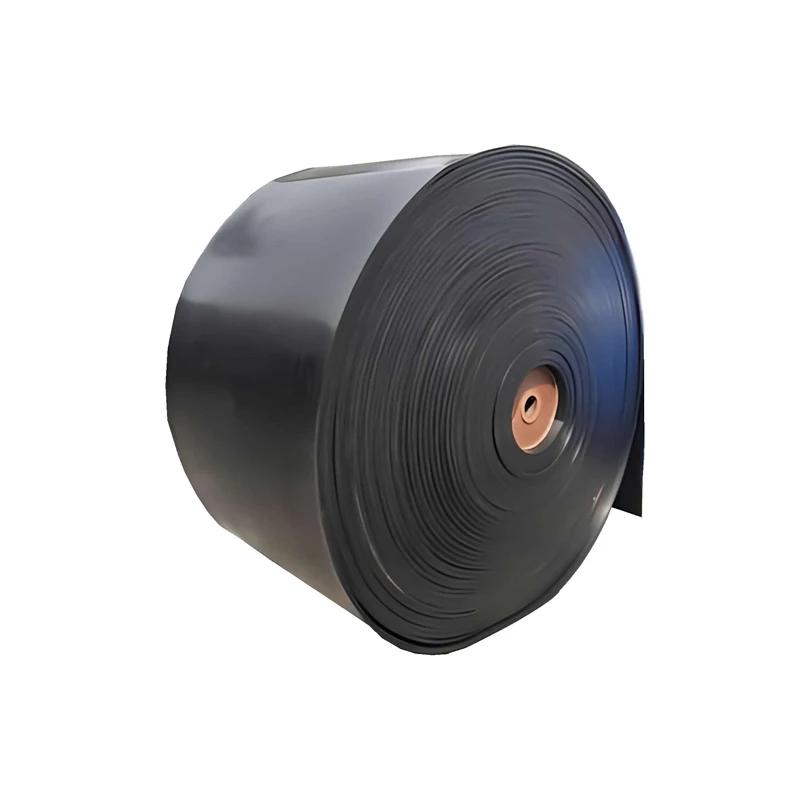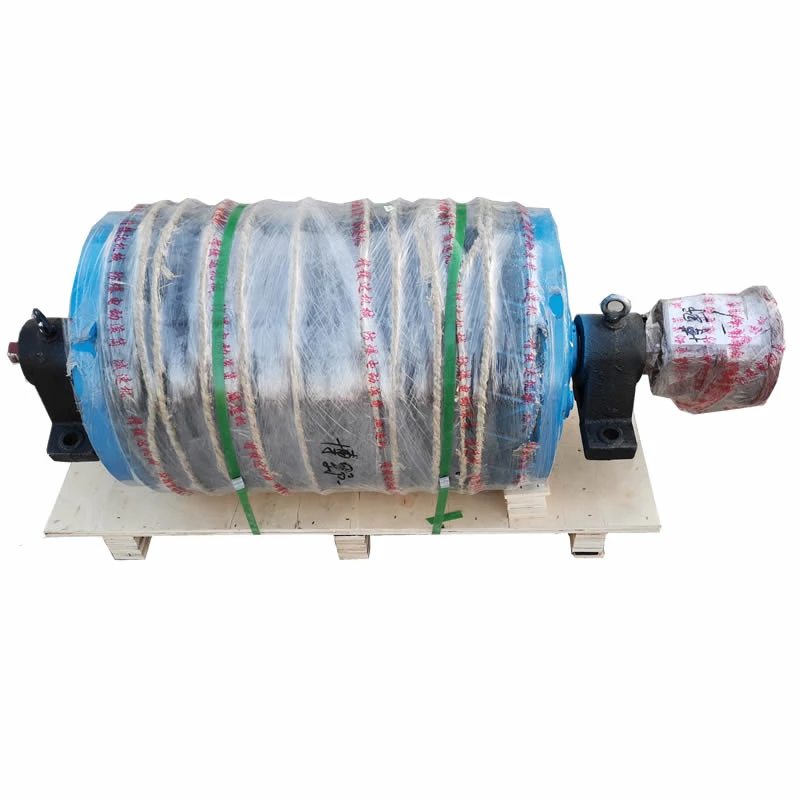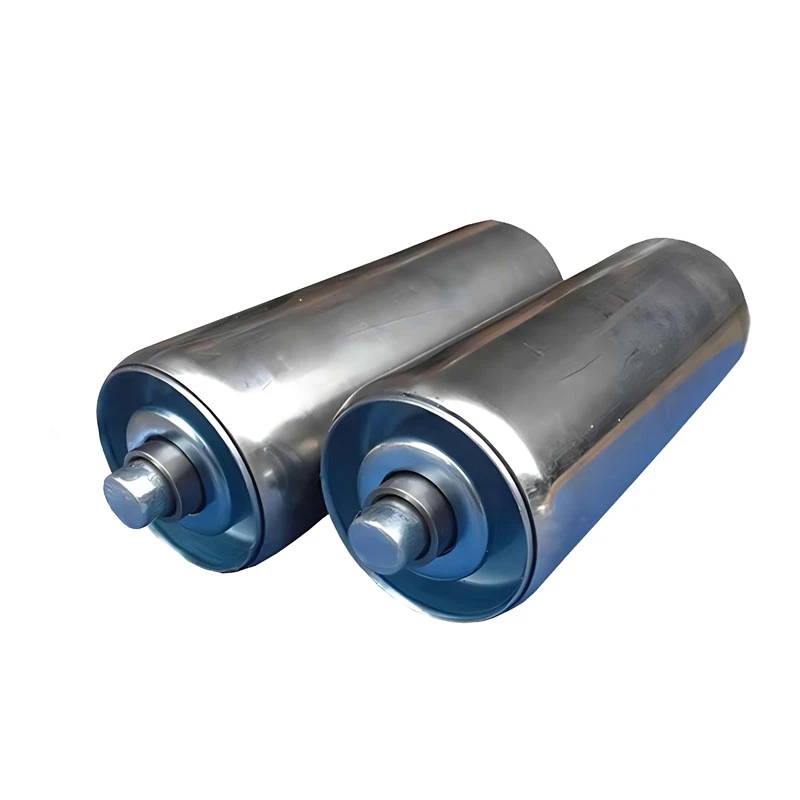Introduction to Electromagnetic Iron Removers
In modern industrial environments, the presence of ferromagnetic impurities in raw materials can lead to severe operational disruptions, equipment damage, and safety hazards. The electromagnetic iron remover is a critical solution designed to address these challenges. By effectively extracting iron particles from material streams, this device ensures the smooth operation of machinery such as crushers, grinders, and conveyor systems. Its versatility and adaptability make it indispensable across a wide range of industries, from mining to food processing.
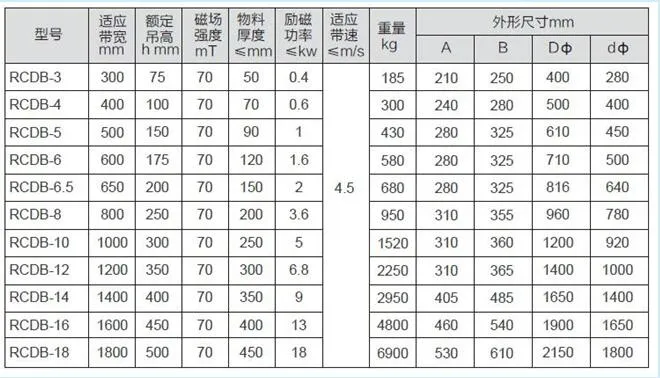
Key Features and Functional Advantages
The electromagnetic iron remover is engineered to deliver exceptional performance in diverse industrial settings. Its primary function is to remove ferromagnetic contaminants, such as iron scraps, nails, and other metallic debris, from raw materials during transportation. This process not only protects mechanical equipment but also enhances the purity of the final product. Below are the core features and advantages of this technology:
- Efficient Iron Removal: The device utilizes a powerful magnetic field to attract and retain ferromagnetic impurities, ensuring a high iron removal rate. According to the National Institute of Standards and Technology (NIST), precise magnetic field strength is crucial for optimizing such systems, as it directly impacts the efficiency of material separation.
- Customizable Unloading Methods: The iron remover offers flexibility through manual, automatic, and program-controlled unloading options. This adaptability allows users to choose the most suitable method based on their operational needs and production scale.
- Enhanced Safety: By preventing large iron objects from damaging conveyor belts and other machinery, the device significantly reduces the risk of accidents and downtime. The NIST emphasizes the importance of safety-critical systems in industrial environments, highlighting the role of magnetic separators in maintaining operational integrity.
- Improved Material Quality: The removal of iron contaminants ensures that raw materials meet stringent quality standards, which is particularly vital in industries like food processing and pharmaceuticals.
Technical Specifications and Design Variations
The performance of an electromagnetic iron remover is influenced by its magnetic field strength, installation height, and material thickness. Below is a detailed specification table outlining the key parameters of the device:
| Parameter | Specification |
|---|---|
| Magnetic Field Strength | Varies by model (e.g., 1000-5000 Gauss) |
| Unloading Methods | Manual, Automatic, Program-Controlled |
| Installation Height | Adjustable to optimize iron removal efficiency |
| Material Thickness | Optimal performance for thin to medium layers |
| Compatibility | Various conveyor belt systems and industrial applications |
For more details on the technical specifications, visit the electromagnetic iron remover product page. The device's design allows for integration into existing systems, minimizing the need for extensive modifications.
Installation and Operational Considerations
The effectiveness of an electromagnetic iron remover depends on proper installation and maintenance. Key factors to consider include:
- Mounting Height: The closer the iron remover is to the material, the more effective the iron removal. However, it must be positioned to avoid interfering with the conveyor belt's operation. NIST research underscores the importance of precise positioning in magnetic separation systems.
- Angle and Alignment: The device should be installed at the correct angle to ensure optimal magnetic field coverage. Misalignment can reduce efficiency and lead to incomplete iron removal.
- Regular Maintenance: Periodic inspection and cleaning of the magnetic components are essential to maintain performance. This includes checking for wear and tear and ensuring the magnetic field remains consistent.
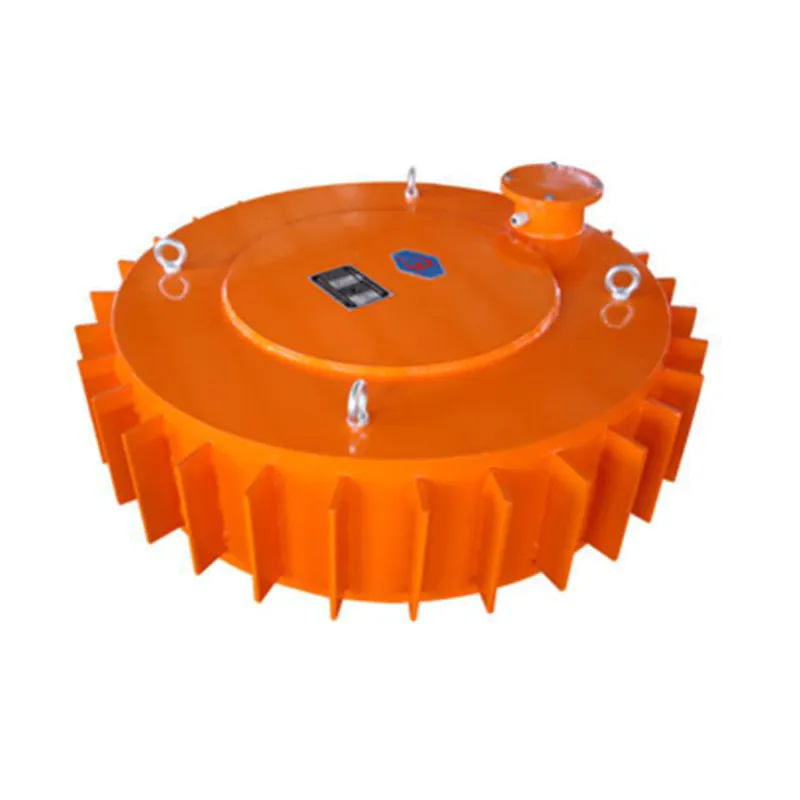
Industrial Applications and Use Cases
The electromagnetic iron remover is a versatile solution with applications across multiple industries. Some of the key sectors that benefit from this technology include:
- Metallurgy and Mining: Removes iron impurities from raw ore, preventing damage to processing equipment and improving the quality of extracted metals.
- Coal Preparation Plants: Ensures coal is free from metallic contaminants, reducing the risk of equipment failure and enhancing safety.
- Power Plants: Protects turbines and other machinery from iron particles that could cause wear and tear.
- Ceramics and Glass Manufacturing: Maintains the purity of raw materials, ensuring the production of high-quality end products.
- Food and Feed Processing: Eliminates metal contaminants, adhering to strict food safety regulations.
- Waste Treatment: Recovers steel from waste streams, promoting sustainability and resource efficiency.
For a comprehensive overview of how the conveyor belt magnetic separator is used in different industries, explore the company website.
Company Background: Hebei Roule Transport Machinery Manufacturing Co., Ltd.
Hebei Roule Transport Machinery Manufacturing Co., Ltd. is a leading manufacturer of industrial equipment, specializing in solutions for material handling and separation. With a focus on innovation and quality, the company has established itself as a trusted partner for businesses seeking reliable and efficient iron removal systems. Their commitment to research and development ensures that their products meet the evolving needs of modern industries.

For more information about the company's mission, products, and services, visit the Hebei Roule Transport Machinery Manufacturing Co., Ltd. website.
Conclusion: The Future of Industrial Safety and Efficiency
The electromagnetic iron remover represents a significant advancement in industrial material processing. By addressing the challenges posed by ferromagnetic impurities, this technology not only enhances operational efficiency but also ensures the safety of personnel and equipment. As industries continue to prioritize sustainability and precision, the role of magnetic separation systems will only grow in importance.
For further insights into the science and standards behind industrial equipment, refer to the National Institute of Standards and Technology (NIST), which provides critical research and guidelines for technological innovation.
References
National Institute of Standards and Technology (NIST). (n.d.). Driving Innovation. Retrieved from https://www.nist.gov/

